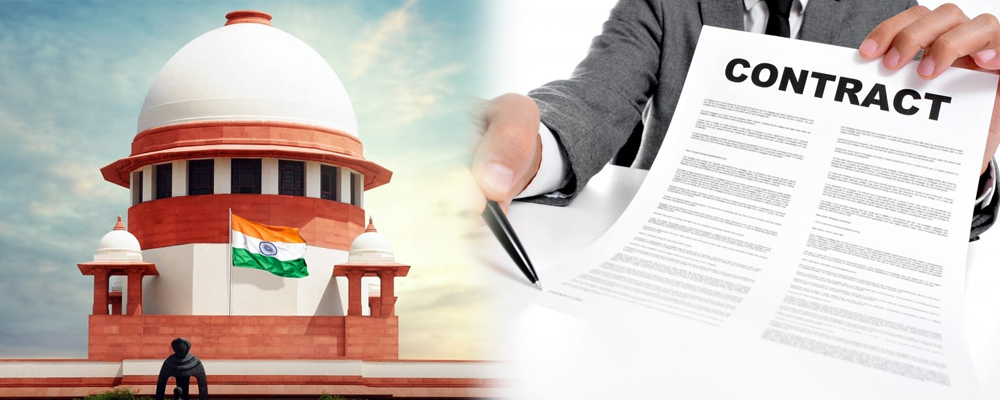Will is a testamentary instrument by which a person expresses his wishes about how their property should be distributed after their death. It is a legal document of the distribution of property. The origin amongst Hindu is unknown. Will is also well known amongst Muslims also. Indian Succession Act, 1925 consolidate the laws of intestate and testamentary succession superseding the earlier Acts, and is applicable to all the Wills and codicils of Hindus, Buddhists, Sikhs and Jains throughout India. So, the wills under Hindu Law are governed by this Act. The Indian Succession Act, 1925, does not apply on Mohammedans and they can dispose their property according to Muslim Law.
Wills are various types of will like privileged and unprivileged will. A Will created by a person who is not a soldier employed in an expedition or engaged in actual warfare or a mariner at sea is known as an unprivileged Will. Will can be revoked any time by the testator during his lifetime. Indian Succession Act 1925, section 70 provides for revocation of unprivileged will.
Need A Legal Advice
The internet is not a lawyer and neither are you. Talk to a real lawyer about your legal issue

Kinds of wills:
Conditional Wills: A will which will take effect on the happening of certain conditions. If it is not clear that the testator had the intention to make the will conditional, then the whole document and the circumstances in which it was made should be taken into consideration as a whole. The joint will can be made by 2 or more persons If it is made with the intention to take effect after the death of both, it will not be admitted to probate during the lifetime of either and are revocable at any time by either during the joint lives or after the death of the one of the survivors.
Mutual will: 2 or more persons can make a mutual will which means to confer on each other reciprocal benefit. In this legatees and testators are not distinct rather the testators confer the benefit on each other which can be revoked in the lifetime of either testator. Mutual wills are separate wills of two persons.
Privileged wills: Section 65 of the Indian Succession Act, 1925 defines privileged wills. It states that a Will made by a soldier or an airman or a mariner, when he is in actual service and is engaged in actual warfare, would be a privileged Will. Section 66 of the Act provides for the mode of making and rules for executing privileged Wills.
Unprivileged will: Will created by a person who is not a soldier employed in an expedition or engaged in actual warfare or a mariner at sea is known as an unprivileged Will.
Statutory will: It contains standard terms provided by state law. It can normally be done without a lawyer by using the state’s fill in the blank forms.
Case Laws:
The Supreme Court in Badrilal v Suresh & Ors LL 2021 SC 624 held that will cannot be revoked by a subsequent agreement. It was clarified by the Court that a sale deed executed by Ramkanya in favor of the appellant will be valid to the extent of the land which was given to her under the Will executed by her father. Revocation of unprivileged will can only be done in the ways provided under section 70 of the Act. Section 70 states that a will can be revoked in the following ways:
(a) By Execution of another Will or codicil by the testator.
(b) A writing executed by the testator stating an intention to revoke the Will and executed in the manner in which an unprivileged Will is required to be executed.
(c) By burning, tearing or otherwise destroying the same will by the testator or by some person in his presence and by his direction with the intention of revoking the same.
A company can be the beneficiary as it is a separate entity. Although it is not common to give property to a company, in case of family business one can give the property to support the business. Companies can be the beneficiary under a separate legal entity, although companies are governed by corporate law but it can become the legatee. As a result, the “entity” category of recipients includes businesses. A will is a legally binding declaration that has requirements that must be met in order for it to be deemed valid. In accordance with the legislation, it needs to be signed and attested. The purpose of a will is to dispose of property. After the testator’s death, there must be some property that is being distributed to others.





 Talk to a Lawyer
Talk to a Lawyer